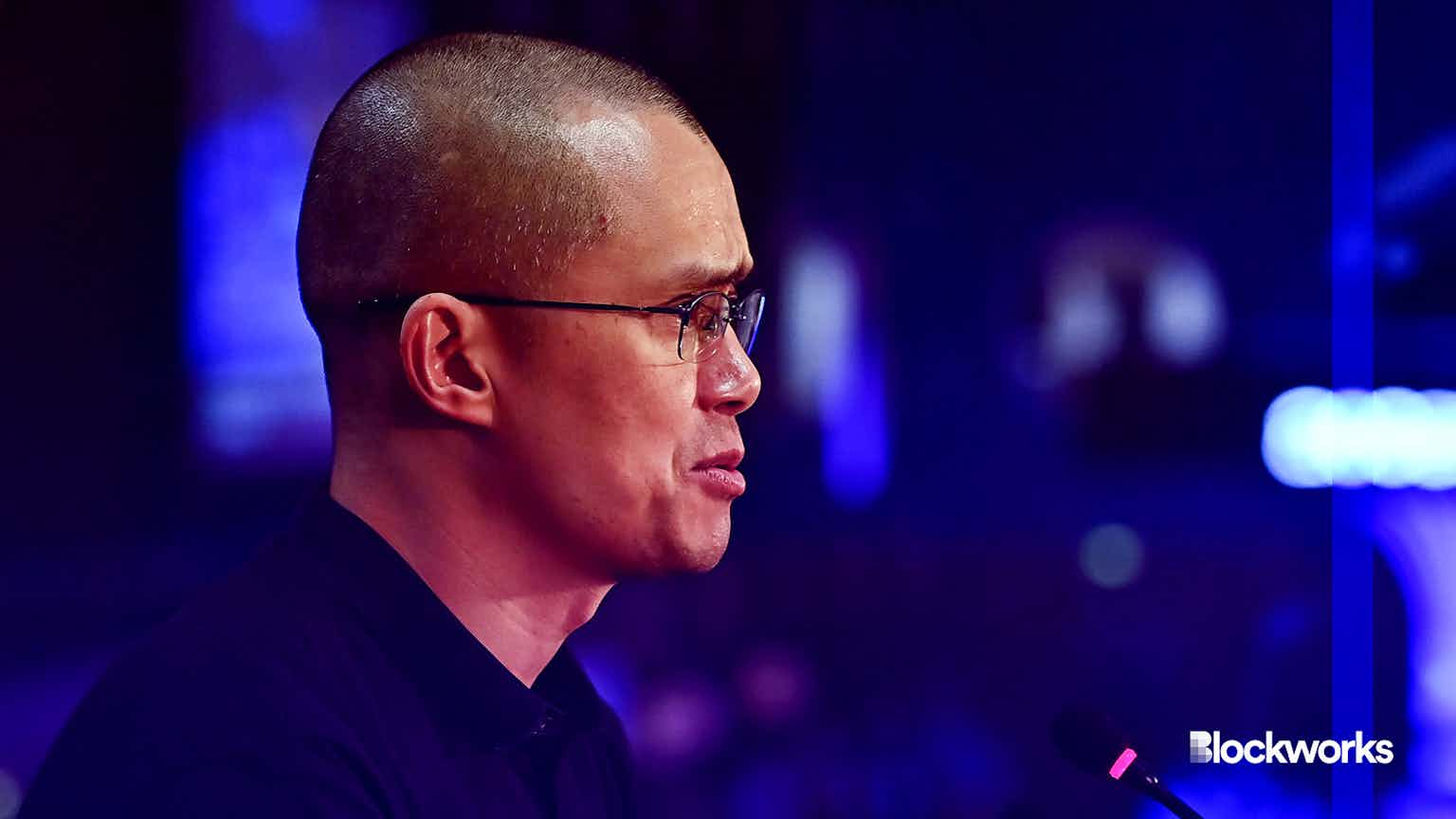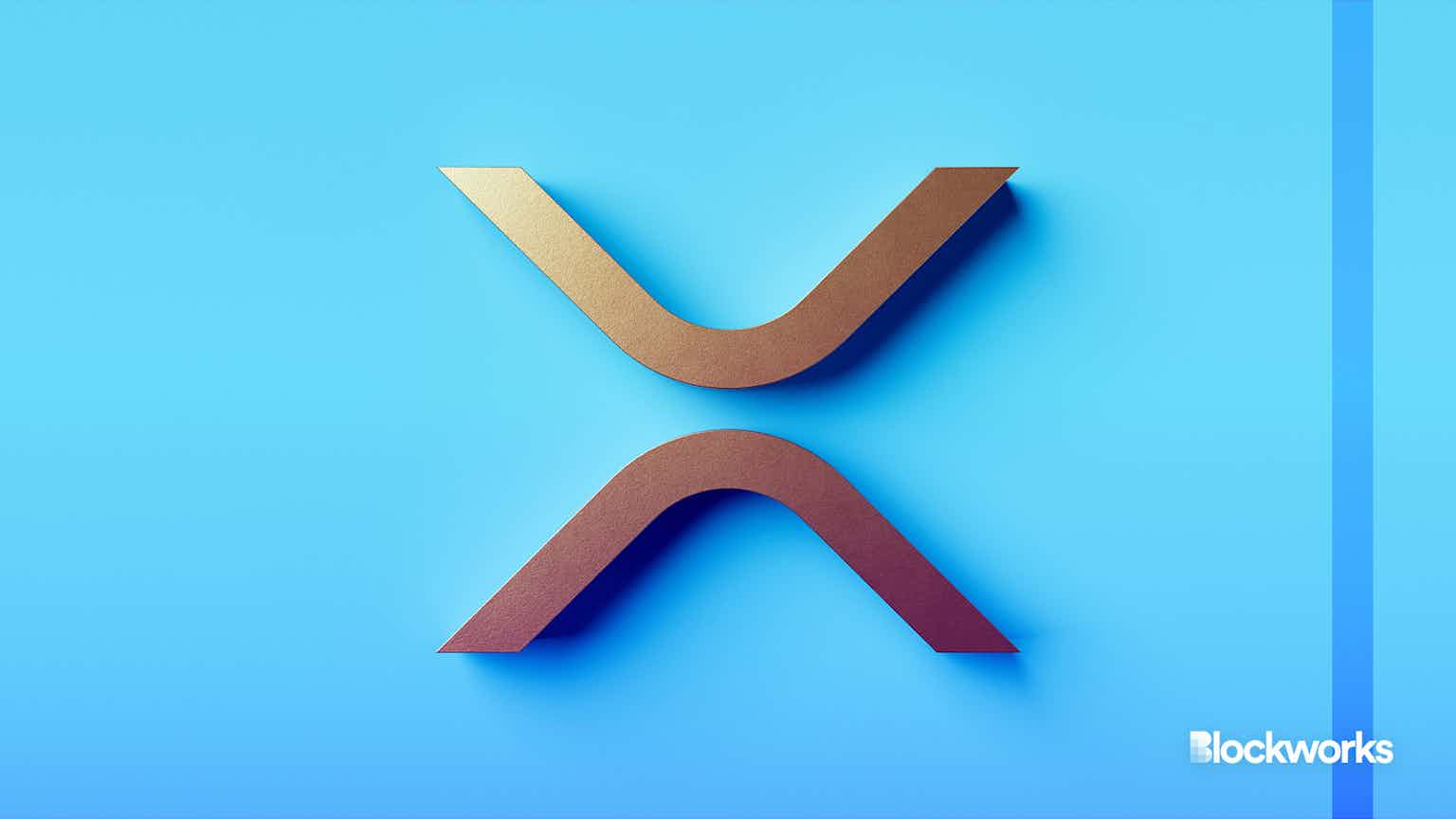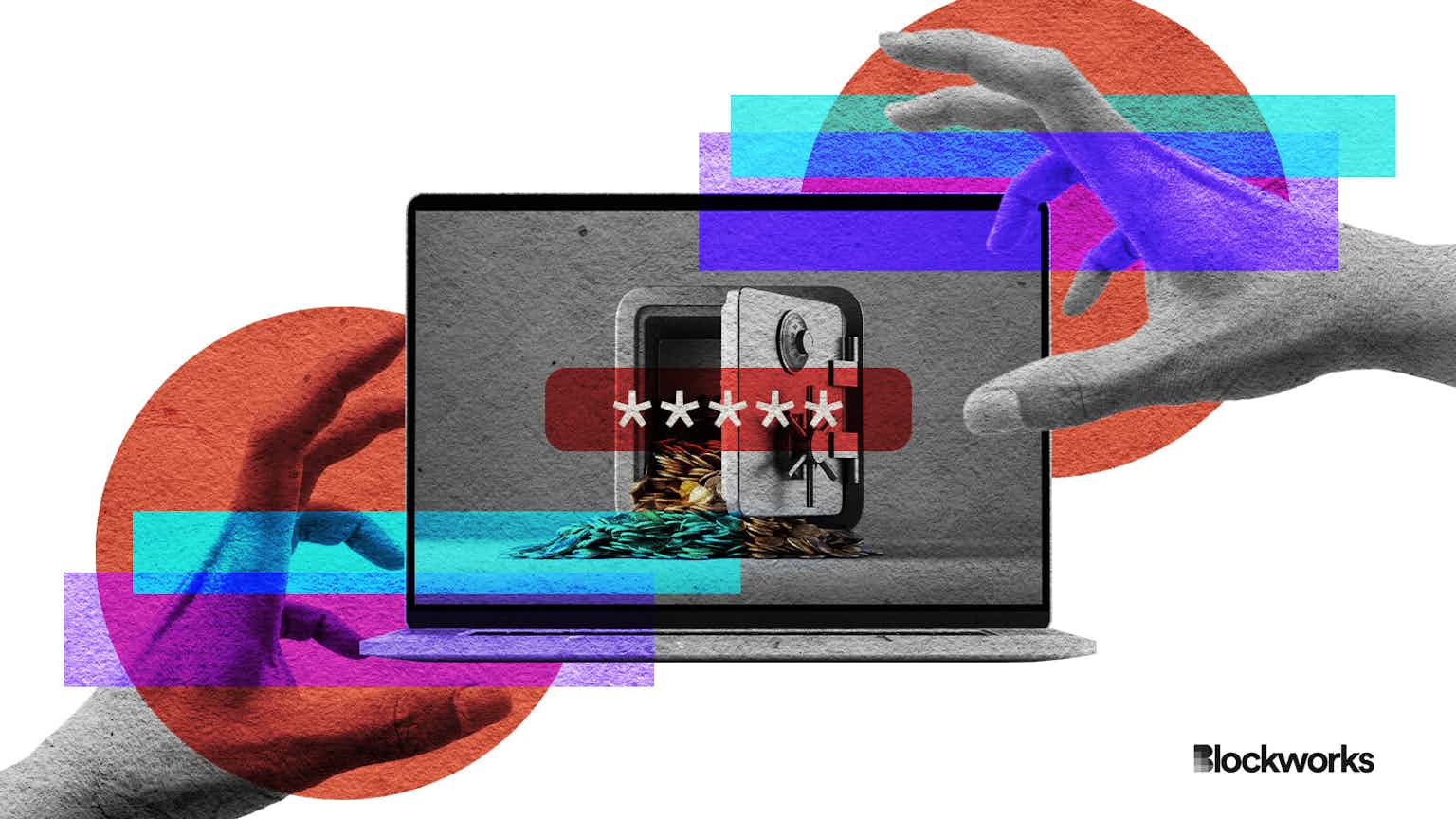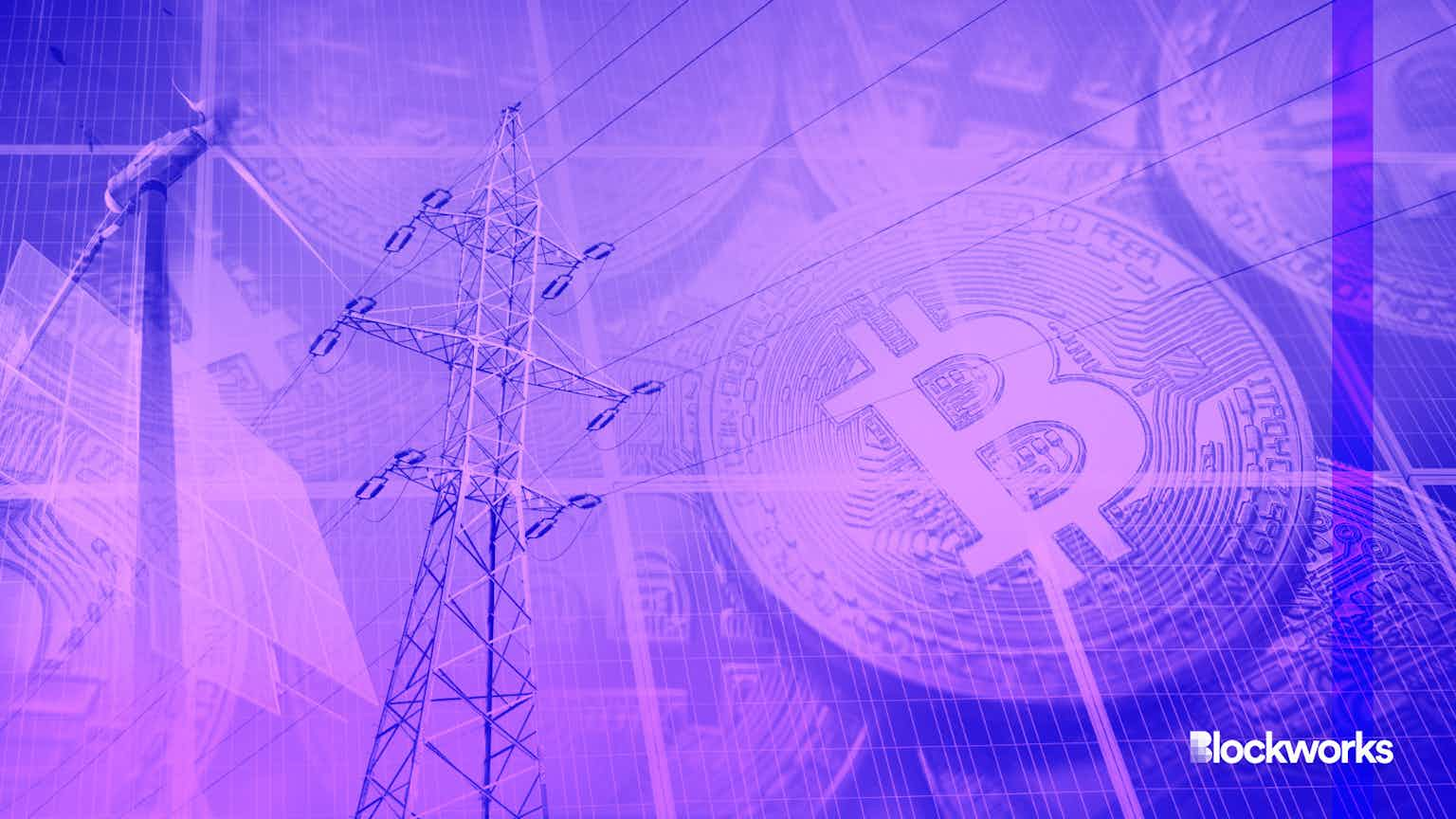Sam Bankman-Fried Backtracks on Crypto Regulatory Framework
“For Sam to suggest that the industry ‘should respect OFAC’ is unbecoming,” one adversary accused

Blockworks exclusive art by Axel Rangel
key takeaways
- Industry members were quick to accuse the framework of being at odds with the founding principles of crypto
- Sam Bankman-Fried is the fourth biggest political donor in the US, and he wants a say in how crypto is regulated
FTX CEO Sam Bankman-Fried is refining — and, in some cases, walking back — the crypto regulatory framework he dropped last week, which he acknowledged is a work in progress.
Bankman-Fried last week published his take on how the crypto industry should be regulated. The document, dubbed the “Possible Digital Asset Industry Standards,” is a breakdown of how Bankman-Fried thinks the industry should operate, from sanctions policies to token classification.
Crypto advocates were quick to critique the standards. Erik Voorhees, founder of ShapeShift, penned an open letter in response, arguing Bankman-Fried’s suggestions go against the founding principles of crypto.
“For Sam to suggest that the industry ‘should respect OFAC’ is unbecoming,” Voorhees wrote. “Anyone genuinely advocating for ‘an open, free economy’ cannot support such blatant financial discrimination on millions of innocent people.”
Bankman-Fried responded by saying he sympathizes with “innocent people caught in broader blocks” of sanctions, “policy conversation worth having.”
Others were keen to criticize the proposal’s attitude toward decentralized finance. Twitter users largely agreed that placing DeFi projects in the same regulatory framework as centralized companies would be a mistake.
“SBF is a great entrepreneur. But sadly, he is not the greatest advocate of DeFi and the crypto space,” one Twitter user said in response to the framework.
In a Twitter thread Sunday, Bankman-Fried thanked adversaries for their “constructive feedback” — adding he would edit the original proposal as needed.
The FTX head maintained centralized exchanges must take responsibility for offering products to users who understand the risks and are able to make informed decisions.
“If you’re going to gate products on regulated exchanges, do it on understanding, not wealth,” he added, highlighting the notion that traders’ capabilities should not be determined by net worth.
The guidelines and response comes as US midterm elections inch closer. The industry is keeping a close eye on candidates that could advance digital assets. Bankman-Fried in particular has been quick to open his wallet.
At the beginning of the year, the FTX head ranked fourth out of all US election mega-donors, with a total contribution of more than $39 million, according to Federal Election Commission data and Open Secrets. Bankman-Fried once said he could donate up to $1 billion during the 2024 election cycle but has since backtracked.
Start your day with top crypto insights from David Canellis and Katherine Ross. Subscribe to the Empire newsletter.





